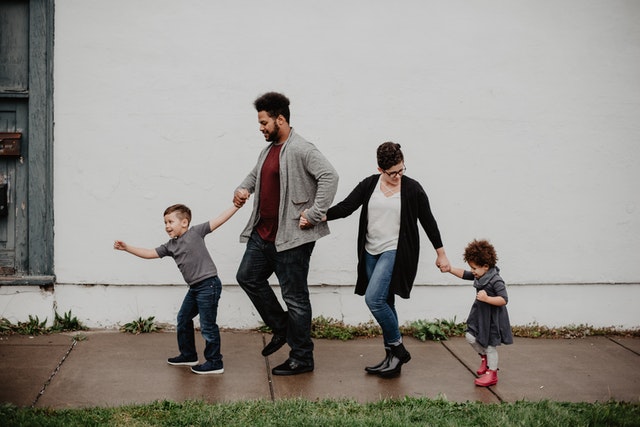
As the saying goes, “You can’t take it with you when you die.” Nobody really wants to think about this, but we all need to ensure that our children are taken care of financially and legally after we pass away. This article will share ten ways that parents can protect their children in the event of an untimely death. But before we dive in, it’s essential to have a basic understanding of how assets are distributed after someone dies.
How Are Assets Distributed After Someone Dies?
In the event of your death, your assets will be distributed according to your will or, if you don’t have a will, according to your state’s intestacy laws. Your “assets” include everything you own-your house, savings account, retirement account, life insurance policy, car, personal belongings, etc.
If you have a will, you can designate exactly who gets which assets and in what proportions. For example, you can leave your house to your spouse and your life insurance policy to your children. If you don’t have a will, your state’s intestacy laws will determine who gets your assets. Generally, your spouse and children will inherit your assets if you die without a will, but the laws vary from state to state.
Now that we’ve covered the basics of how assets are distributed after someone dies let’s take a look at ten ways to protect your children in this situation.
Ten Ways To Protect Your Children After You Die
1. Make a Will
This is the most important thing you can do to protect your children after you die. A will allows you to designate who gets which assets and in what proportions. Without a will, your state’s intestacy laws will determine who gets your assets, and this may not be in line with your wishes.
2. Name a Guardian for Your Children
If you have minor children, it’s essential to designate a guardian in your will. This is the person who will take care of your children if both you and your spouse die. If you don’t name a guardian in your will, the court will decide who takes care of your children, which may not be in line with your wishes.
3. Create a Trust
A trust is a legal entity that can hold assets on behalf of beneficiaries. There are many types of trusts, but the two most common types are testamentary trusts and living trusts. Choose the type of trust that best suits your needs and the needs of your beneficiaries.
4. Buy Insurance
One of the best ways to protect your children after you die is to buy life insurance. Life insurance pays out a death benefit to your beneficiaries if you die while the policy is in effect. The death benefit can be used to cover expenses like funeral costs, outstanding debts, and living expenses. You can also buy bancassurance insurance where the death benefit is paid directly to the bank to cover a mortgage or other loan.
5. Name Beneficiaries on Your Accounts
Many accounts, like retirement accounts and life insurance policies, have beneficiary designation forms. These forms allow you to name who gets the account balance if you die. It’s essential to keep these beneficiary designation forms up to date to distribute your assets according to your wishes.
6. Hold Property Jointly
If you own property, like a house or a car, you can hold it jointly with someone else. This means that if one of the owners dies, the other owner automatically becomes the sole owner of the property. This can be an excellent way to ensure that your children inherit the property you intend for them to have.
7. Give Gifts
You can give gifts to your children while you’re alive. This can be an excellent way to ensure that they inherit the assets you want them to have. You need to be aware of gift tax rules, so be sure to consult with a financial advisor before making any large gifts.
8. Create A Partnership
If you own a business, you can create a partnership with your children. This can be an excellent way to ensure that your business is inherited by the person you want to inherit it. There are many types of partnerships, so consult with a business attorney before creating one.
9. Make A Plan
It’s important to plan how your assets will be distributed after you die. This includes making a will, naming beneficiaries, and creating trust. It’s also important to keep these documents up to date to carry out your wishes.
10. Get Professional Help
Many professionals can help you protect your children after you die. These professionals include financial advisors, estate planning attorneys, and tax professionals. They can help you create a plan that fits your unique circumstances and the needs of your beneficiaries.
Making a plan for how your assets will be distributed after you die is one of the best things you can do to protect your children. There are many ways to protect your children, and the ten methods we’ve listed are some of the most common. So, take some time to consider your options and make a plan that will work best for you and your family.

No comments yet.